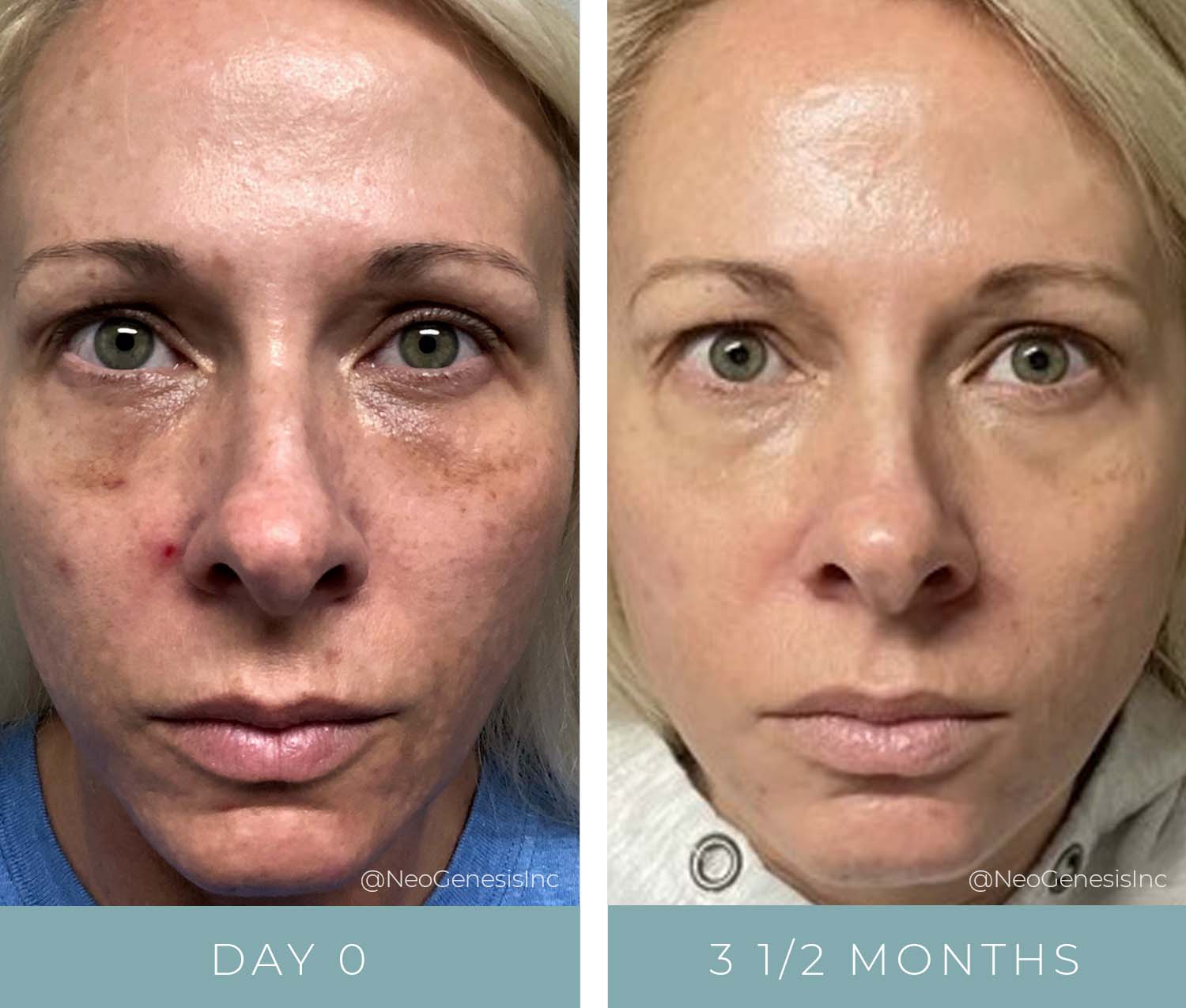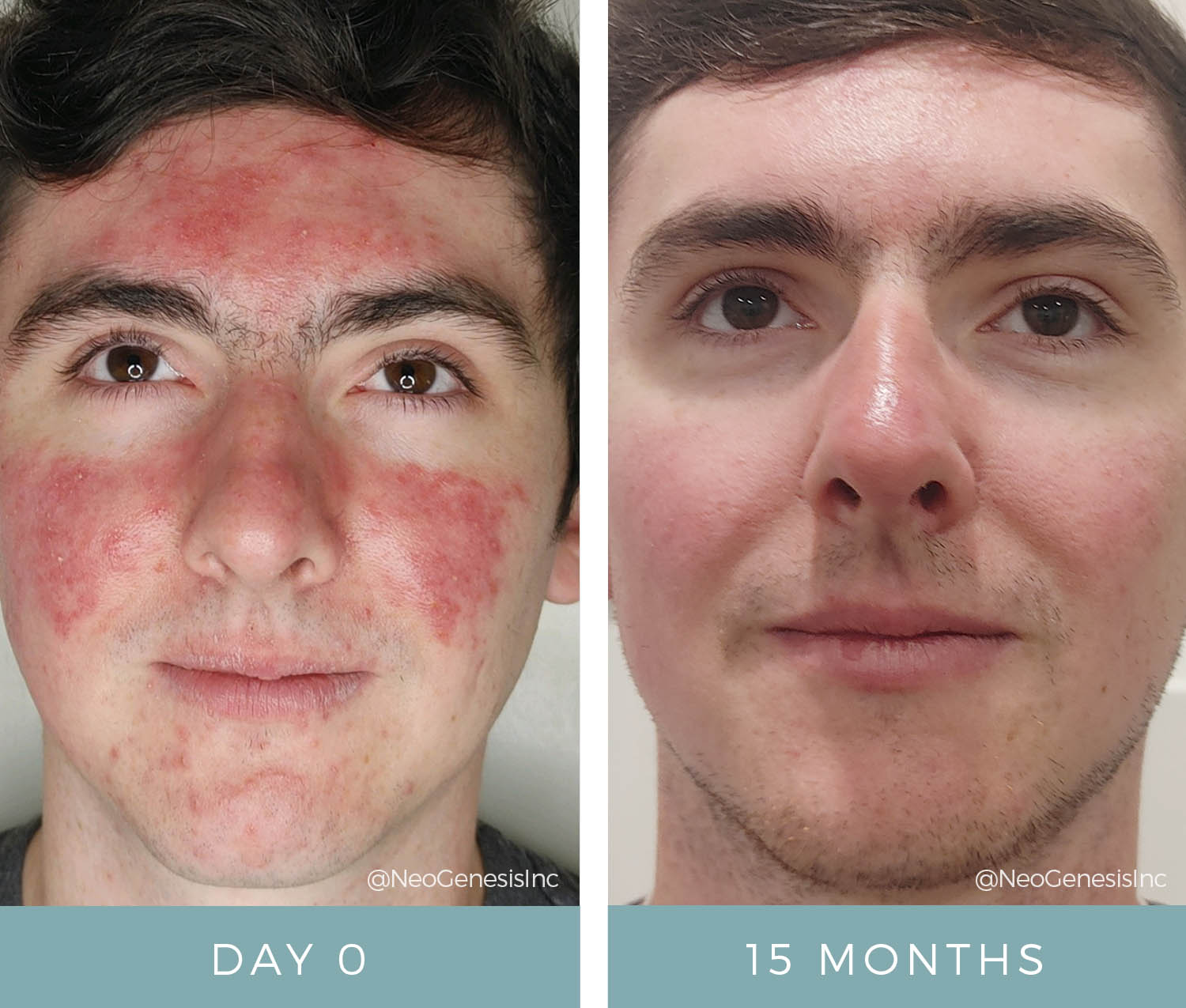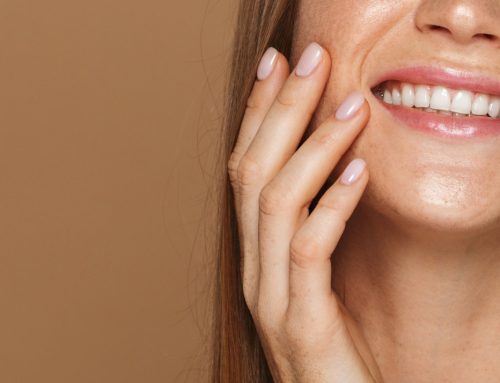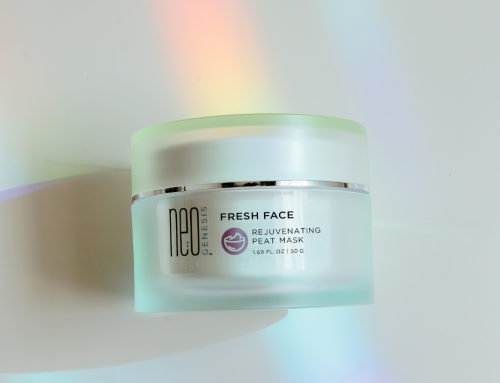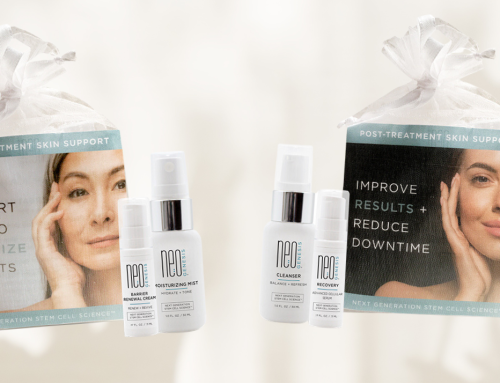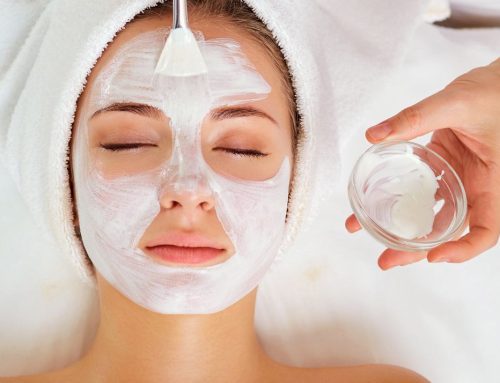In today’s world, our skin is constantly exposed to pollutants and unhealthy practices that can have a negative impact on its health. That’s why it is more important than ever to carefully select the skincare products we use. Not only do these choices affect our skin in the short term, but they can also have long-lasting effects on our overall health. This guide aims to provide you with all the information you need to make informed decisions when it comes to your skincare routine.
Research the Company
When you’re considering investing in a skincare brand, it’s important to thoroughly research the company and their values. In the UK market, consumers are becoming increasingly aware of the impact that their purchases have on both their own health and the environment. Therefore, it is essential to know what a company stands for before making a decision.
Here are some key factors to consider when researching a skincare company:
- Transparency: Look for companies that openly disclose all of their ingredients and sourcing processes. It’s important to know exactly what you’re putting on your skin and where it comes from. In addition, finding out if a company engages in animal testing can be an important factor for many consumers.
- Ethical standards: In the UK, there is a growing demand for eco-friendly and ethical products. Look for companies that have commitments to sustainable practices, fair trade, and cruelty-free manufacturing. This not only shows a commitment to environmental responsibility but also to overall health and wellness.
- Educational content: Reputable skincare brands often provide educational resources for their customers, whether it’s through informative articles or engaging with their community. This shows a dedication to spreading awareness about holistic skincare practices and helping customers make informed decisions about their own skin health.
- Company leadership: It’s important to know who is behind the company you are considering purchasing from. A reputable skincare brand will openly provide information about their leadership team, including their credentials, experience, and any published works. This transparency can help consumers feel confident in the company’s values and practices.
Research Ingredients
Understanding the key components of your skincare products is crucial to making informed choices. Here’s how to decode the jargon and focus on the ingredients that match your health goals:
- Natural Ingredients: Look for products with a high concentration of natural plant-based ingredients. These can often be gentler on the skin and have additional nutritional benefits such as providing much needed hydration, vitamins, and antioxidants. In addition to being gentle on the skin, natural ingredients are also environmentally friendly and sustainable. It’s important to note that not all natural ingredients are good for you. Always research and check for any potential allergens or irritants before using a product with natural ingredients.
- Clinically Tested Formulas: Products that have been clinically tested and show proven results are a safer bet for health and effectiveness. Clinical testing also allows for more accurate claims about the effectiveness of the product, giving consumers peace of mind in their purchases.
- Minimize Compromising Ingredients: Certain substances, like parabens, sulfates, and synthetic fragrances, have been associated with health risks. Select products without these additives. These ingredients can also be harsh on the skin and cause irritation or allergic reactions. By choosing products without them, you can minimize the risk of any negative effects on your skin.
Ingredients to Avoid
When shopping for skincare and beauty products, it’s important to be aware of certain ingredients that may be harmful. In the UK, there are regulations in place to ensure the safety of these products, but it’s always a good idea to check the labels and avoid any potential risks.
Parabens: Parabens are commonly used as preservatives in cosmetics and personal care products. Studies have shown that they can disrupt hormone balance and have been linked to breast cancer. Look for “paraben-free” on product labels or opt for natural preservatives instead.
Sulfates: Sulfates are known for their foaming properties in cleansers and shampoos. But they can be harsh on the skin and strip it of its natural oils, causing irritation. If you have sensitive skin, look for products labeled as “sulfate-free” or opt for gentler alternatives.
Synthetic Fragrances: Synthetic fragrances are often made with toxic chemicals and can cause allergic reactions and hormone disruptions. To avoid these potential risks, choose products scented with natural essential oils instead.
Phthalates: Phthalates are commonly used as plasticizers in cosmetics and have been linked to reproductive and developmental problems. Look for “phthalate-free” on product labels or choose products made with safer alternatives.
Formaldehyde: Formaldehyde is a preservative commonly used in cosmetics and has been classified as a known carcinogen. It can also cause skin irritation and allergies. Look for formaldehyde-free products or choose natural preservatives instead.
By avoiding these ingredients, you can make more informed choices about the products you use on your skin and body. Remember to always read labels and do your research to ensure the safety of your skincare and beauty routine. Your health is worth it! So be cautious while choosing products that suits your skin type.
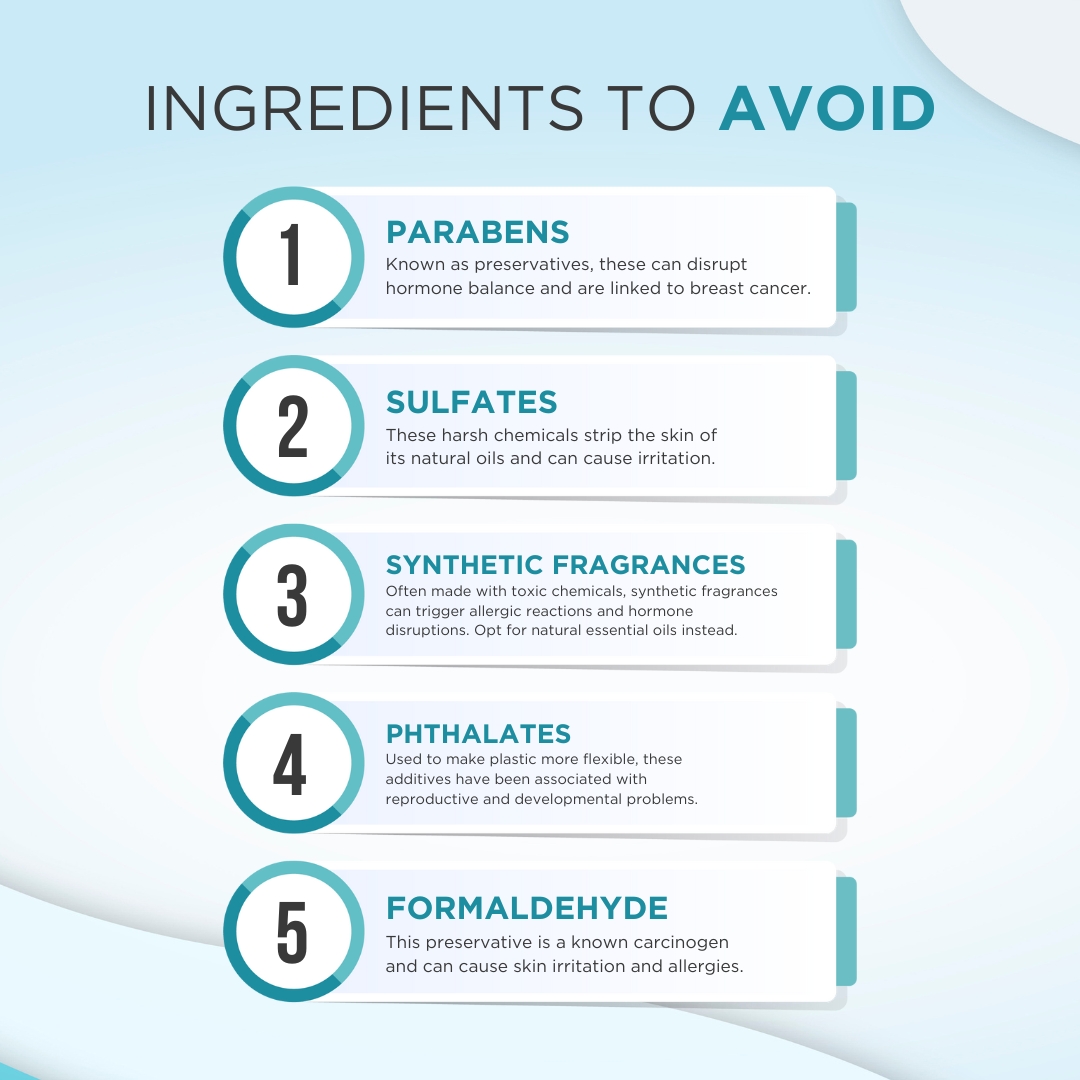
Ingredients to Look For:
To ensure your skincare products are working towards promoting overall health, look for these beneficial ingredients:
- Antioxidants: These help protect the skin from free radicals and environmental damage.
- Natural Oils: Essential oils like jojoba, rosehip, and argan provide hydration and nutrition to the skin, however you’ll want to avoid essential oils if you have sensitive skin.
- Peptides: These amino acids can stimulate collagen production and improve skin elasticity.
- Hyaluronic Acid: This powerful hydrator can hold up to 1000 times its weight in water, making it an essential ingredient for hydration and plumping the skin. It may also appear on the label as Sodium Hyaluronate Butyrate, which delivers Hyaluronic Acid in a more efficient manner and allows it to penetrate deeper into the skin.
- Adult Human Stem Cells: For growth factors, it doesn’t get better than stem cells designed with an exosome delivery system. This is the most effective way to get your skin the nutrients it needs in a topical product. NeoGenesis has cutting edge stem cell technology called S²RM®.
- Retinoate: New to skincare, this ingredient is a vitamin A in the retinol family. Retinoate’s key advantage over retinol is its tolerance on sensitive skin. It works more gently, minimizing the potential for adverse effects while still delivering the coveted results in both the short and long term.
Consider Your Skin Type
Each person’s skin is unique, and choosing skincare products that cater to your specific needs is crucial. Here’s a general guide on what ingredients to look for based on your skin type:
- Dry Skin: Look for products with rich, nourishing oils like avocado or coconut oil, as well as hydration boosters like hyaluronic acid.
- Oily Skin: Ingredients like tea tree oil and salicylic acid can help regulate excess oil production and prevent breakouts.
- Sensitive Skin: Avoid harsh chemicals, essential oils, and fragrances, and opt for gentle, soothing ingredients like aloe vera and chamomile.
- Mature Skin: Look for products with antioxidants, peptides, and hyaluronic acid to help combat signs of aging.
Choosing Proven, Safe Beauty Solutions
NeoGenesis prides itself on offering a suite of skincare products designed to meet the highest health standards, while addressing common skin issues. Here are some of NeoGenesis’ offerings that ensure your skin’s well-being:
- Barrier Renewal Cream: A reparative cream packed with lipids and skin-firming essentials that are free of unnecessary synthetic components.
- Recovery Advanced Cellular Serum: This serum harnesses the power of S²RM® technology, suitable for a range of skin concerns without compromising on safety.
- Moisturizing Mist with Antioxidants: Providing hydration and protection, this mist combines S²RM® with antioxidants for an uplifting experience with each spritz.
- NeoGenesis Cleanser: A gentle gel-based cleanser that is free from harmful sulfates and designed to maintain the skin’s natural pH balance.
Each of these products is designed consciously, aligning with NeoGenesis’ unwavering commitment to health and safe skin care practices.
Real-Life Beauty Transitions
To further underline the benefits of transitioning to safer and healthier skin care regimens, here are real-life examples of individuals who have seen a positive transformation:
Conclusion
Choosing the right skincare products is not just about achieving clear and glowing skin. It’s also about making a conscious effort to prioritize your overall health and well-being. By understanding the ingredients in your skincare products and opting for safe and proven solutions, you can take control of your skin’s health and achieve long-lasting results. So next time you’re shopping for skincare, remember to look beyond packaging claims and focus on what truly matters – the ingredients. Stay informed, stay healthy, and keep glowing!
References
Environmental Working Group. (n.d). The Dirty Dozen: Parabens. Retrieved from https://www.ewg.org/skindeep/ingredients/703937-PARABENS/
National Center for Biotechnology Information. (2011). Sodium Lauryl Sulfate and Caustic Degreaser Poisoning in Dogs. Retrieved from https://pubmed.ncbi.nlm.nih.gov/21667571/
Environmental Working Group. (n.d.). Fragrance Allergies: A Sensory Assault on Skin & Lungs. Retrieved from https://www.ewg.org/research/not-so-sexy
Centers for Disease Control and Prevention.(2016). Phthalates: https://www.cdc.gov/biomonitoring/Phthalates_FactSheet.html.
National Toxicology Program.(2011). Report on Carcinogens, 12th Edition.: https://ntp.niehs.nih.gov/whatwestudy/assessments/cancer/roc/index.html.
Additional Resources for Healthy Skin Care Practices
- The Toxicology Education Foundation: https://www.toxedfoundation.org/
- Think Dirty app for checking product ingredients: https://www.thinkdirtyapp.com/
- EWG’s Skin Deep Database for researching product safety: https://www.ewg.org/skindeep/
In the United Kingdom, there are many resources available to help you learn more about safe and healthy skin care practices. These resources can provide valuable information and guidance on how to take care of your skin and maintain overall well-being.
Some helpful resources include:
- The British Association of Dermatologists: This organization offers information on various skin conditions, treatment options, and tips for maintaining healthy skin.
- The National Health Service (NHS): As the UK’s publicly funded healthcare system, the NHS provides reliable information on skincare and general health.
- The British Skin Foundation: This charity organization conducts research, raises awareness, and provides education on all aspects of skin health.
- Local community resources: Check with your local library, community center, or health clinic for workshops or classes on healthy skin care practices. You can also connect with other individuals in your community who are interested in promoting skin and overall wellness.
Remember, knowledge is power when it comes to taking care of your skin. By staying informed and continuously learning, you can enjoy the benefits of a conscious and mindful approach to skin and hair care.
 NeoGenesis UK
NeoGenesis UK
Phone: 001 858 751 4714
www.NeoGenesisPro.co.uk
info@neogenesispro.co.uk




